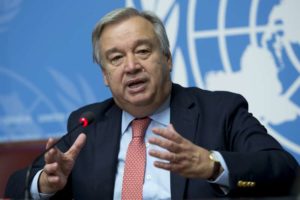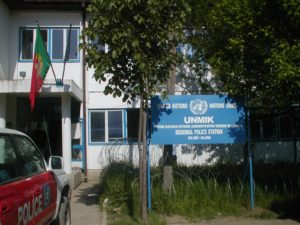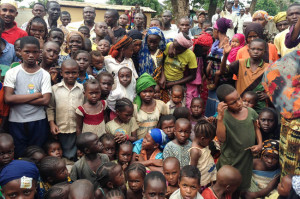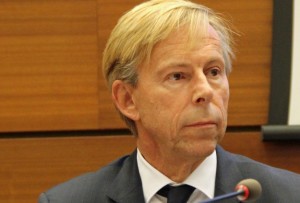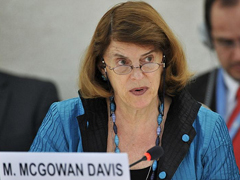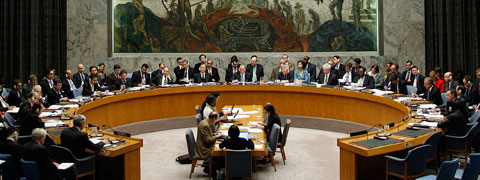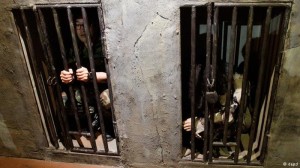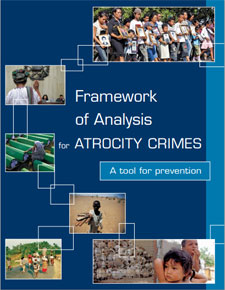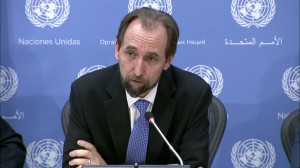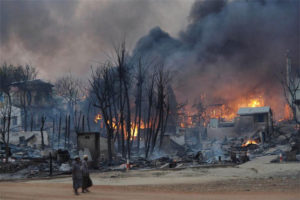
Rohingya Village in Myanmar
On Friday, a new UN report has accused Myanmar’s security forces of waging a brutal campaign of murder, rape and torture in the Rakhine State against Rohingya Muslims, a stateless minority not recognized by Myanmar.
The report, compiled after interviews with more than 200 Rohingya refugees who fled from Myanmar to Bangladesh, also cites consistent testimony indicating that hundreds of Rohingya houses, schools, markets, shops, madrasas and mosques were burned by the army, police and sometimes civilian mobs.
Witnesses also described the destruction of food and food sources, including paddy fields, and the confiscation of livestock.
While discrimination against the Rohingyas has been endemic for decades in the Rakhine State, the recent level of violence is unprecedented, says the report.
The testimonies, gathered by the Office of the United Nations High Commissioner for Human Rights, indicate that the attacks against the Rohingya villages make it impossible for them to live in their villages, thereby creating a coercive environment amounting to forced displacement.
The information also demonstrates that the victims were targeted based on their belonging to a particular ethnicity and religion.
Many victims mentioned that soldiers and officers taunted them by saying that Islam is not the religion of Myanmar; that Rohingyas are Muslim Bengalis; and that Rohingyas would be eliminated from Myanmar.
The report says that the attacks against the Rohingya population in the area seem to have been widespread as well as systematic, indicating the very likely commission of crimes against humanity.
An estimated 65,000 members of the Muslim minority community have fled to Bangladesh since violence broke out in Myanmar last October.

